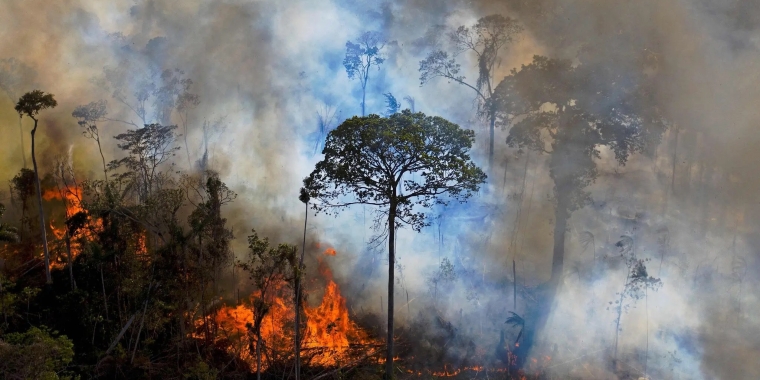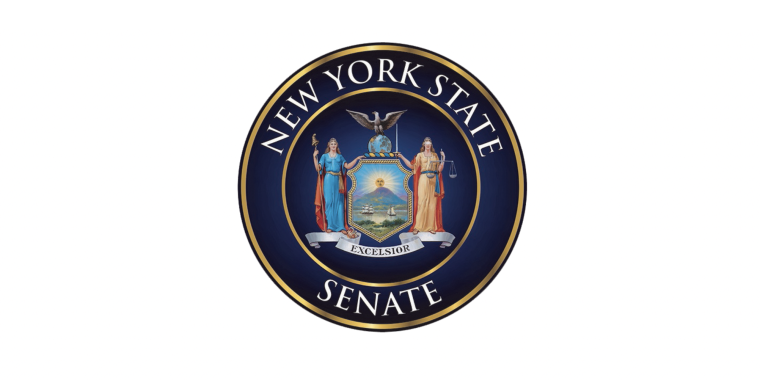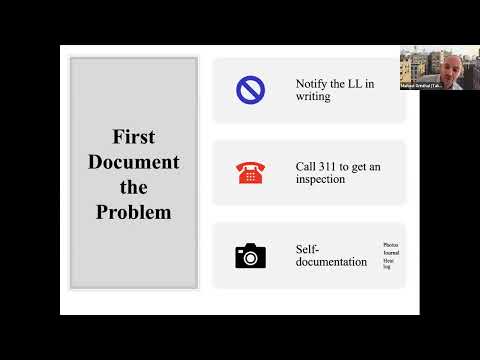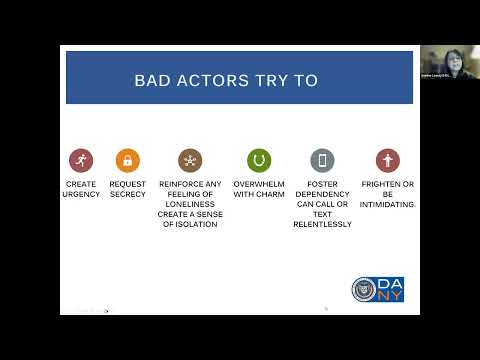
Krueger, Zebrowski To Introduce Amended Tropical Deforestation Legislation
March 18, 2024

Albany – Today, State Senator Liz Krueger and Assembly Member Kenneth Zebrowski announced that they will be introducing a revised version of their NY Tropical Deforestation-Free Procurement Act, which was vetoed by Governor Kathy Hochul in December. The new bill, renamed the Tropical Rainforest Economic & Environmental Sustainability (TREES) Act, makes several changes to address concerns raised by the Governor, while retaining the nation-leading impact of the original bill.
"As I said when the Governor vetoed this bill in December, this is not some esoteric issue for tree-huggers – the climate crisis and the biodiversity crisis threaten the very survival of human civilization," said Sen. Krueger. "That is why we will be reintroducing the bill. We have addressed the Governor's concerns as they were expressed to us, and we are confident that the TREES Act can not only be successfully implemented, but will enhance New York's global role as an environmental leader. I look forward to sending it back to the Governor's desk as soon as possible."
“We know the devastating impact that deforestation has on climate change and the homes of a vast number of species," said Assm. Zebrowski. "That’s why closing loopholes that allow for New York to continue contributing to this practice is so important. With the introduction of the TREES Act, we can do just that while ensuring that previous concerns are adequately addressed.”
Tropical forests harbor close to 50 percent of all species on Earth. Those species are now going extinct at a rate that is at least 100 to 1,000 times higher than historical levels, due to human activity. Taking into account carbon sequestration potential, stopping the loss of tropical forests, mangroves, and wetlands could provide over 20 percent of necessary climate mitigation by 2030.
Globally, an estimated 18,000,000 acres of forest, an area more than half the size of New York State, are lost every year to deforestation according to the Food and Agriculture Organization of the United Nations, with over one-half of Earth’s tropical forests already gone. At the current pace, the entirety of Earth’s tropical rainforests will be degraded or destroyed within the next 100 years.
Loss of biodiversity resulting from forest degradation and deforestation, as well as human encroachment on formerly undisturbed ecosystems, also increases the risks of zoonotic disease pandemics such as COVID-19.
The TREES Act would help to ensure that New York State government procurement does not drive tropical deforestation or degradation by tightening an existing state ban on the use of tropical hardwoods for government projects, and creating a new statute requiring state contractors who deal in forest-risk commodities to certify that their products don't drive deforestation. New York would be the first state in the nation to implement such a policy, following in the footsteps of the European Union, which recently enacted economy-wide deforestation regulations.
Many businesses throughout the United States and across the world are already increasingly engaged in efforts to ensure their supply chains are transparent, traceable, ethical, and environmentally sound, whether in reaction to consumer pressure or government regulation, or out of an understanding of corporate social responsibility. Businesses that achieve ethical and sustainable supply chains may also be able to increase their appeal with certain consumers, charge premium prices, or access previously untapped markets as a result of their efforts.
In order to remain competitive, New York businesses, particularly small and medium-sized businesses and minority- and women-owned businesses, must be able to take advantage of and stay ahead of this socially responsible and beneficial trend. The proposed Supply Chain Transparency Assistance Program, included in the TREES Act, to be administered by Empire State Development, would be available to New York-based small and medium-sized businesses, as well as MWBEs, to help them establish more ethical and sustainable supply chains, while ensuring they have the tools they need to compete in the national and global marketplace.
To address concerns expressed by the Governor's office prior to her December veto of the bill that passed last session, several changes have been made in the TREES Act:
- The MTA and the Staten Island Ferry have been granted five-year exemptions from the ban on the use of tropical hardwood, with the possibility of annual extensions of such exemption for an additional five years.
- Language has been added to clarify that state contractors must complete concrete and specific due diligence steps established by the Office of General Services prior to certifying that products furnished to the state are deforestation-free.
- A broad exemption from the bill’s certification provisions has been added in a situation where a state agency or authority fails to receive any offers in response to a solicitation for products covered by the bill. If such exemption is not used by an agency or authority for three consecutive years, that agency or authority will lose the ability to use the exemption going forward.
- A provision previously requiring the creation of a stakeholder advisory group has been amended to only require four meetings with relevant stakeholders by OGS prior to issuing regulations.
- The effective date of the certification provisions has been pushed back to 2027, from 2025 in the previous version of the bill.
Vanessa Fajans-Turner, Executive Director, Environmental Advocates NY, said: "The TREES Act is a unified campaign against deforestation, seamlessly merging New York's economic initiatives with environmental stewardship. Its impact, stretching from Albany to the Amazon, is profound. This legislation supports Governor Hochul's reforestation efforts by implementing safeguards against procurement practices that contribute to deforestation globally. But it's more than a conservation measure; it's about fostering resilient business practices, empowering local producers, and ensuring our spending furthers a sustainable world for all. We thank Senator Krueger and Assemblyperson Zebrowski for again championing this legislation and thoughtfully addressing concerns raised last year by Governor Hochul. We look forward to working with them, the Legislature, and the Governor to see this become law."
Jeff Conant, Senior International Forest Program Director, Friends of the Earth, said: “Global forests are the planet’s best defense against further climate catastrophe, and that makes the TREES Act reintroduction all the more critical. This crucial legislation will mitigate climate risk while empowering New York businesses and standing up for the rights of frontline communities -- a true win-win-win. We thank Senator Krueger, Assemblymember Zebrowski, and the bill's additional sponsors for their leadership.”
Tim Keating, Director of Rainforest Relief, said: “Given that tropical deforestation and forest degradation account for 30% of global greenhouse gas emissions and the loss of these forests also means the loss of Earth’s largest remaining atmospheric carbon-removal mechanism, New York must do everything in its power to reduce the destruction of tropical forests.”
###



